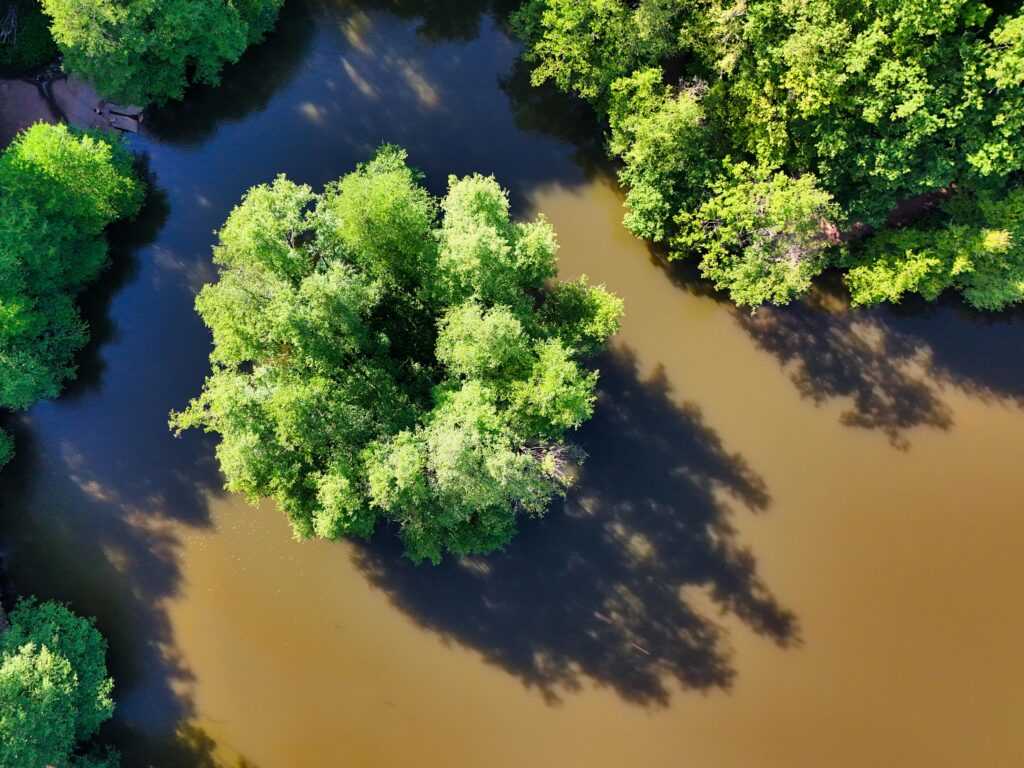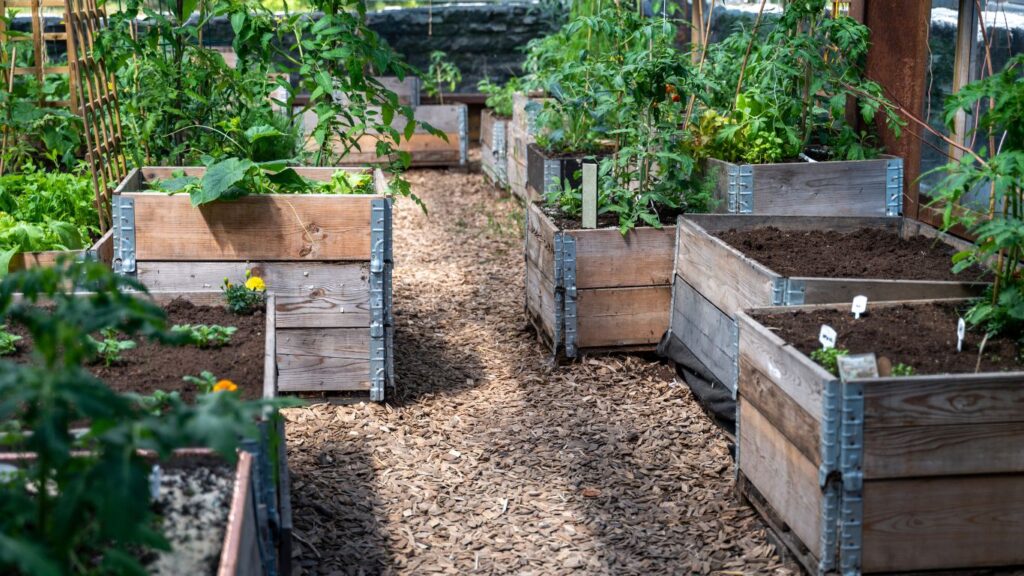Planning a party is always exciting, but have you ever thought about the waste it generates? From disposable plates to plastic decorations, the aftermath can be quite staggering. That’s why I’ve been exploring the idea of hosting a zero waste event. Imagine celebrating without leaving a mountain of trash behind!
In this guide, I’ll share practical tips and creative ideas for planning a zero waste event. Whether it’s a birthday bash, wedding, or casual get-together, you can make a big impact by reducing waste. Let’s dive into the steps to make your next celebration both memorable and eco-friendly.
Understanding Zero Waste Events
What Is a Zero Waste Event?
A zero waste event aims to minimize waste production through careful planning and sustainable practices. These events focus on reducing, reusing, and recycling materials, ensuring that few items end up in landfills. Hosts select eco-friendly products, avoid single-use items like plastic cutlery or plates, and prioritize compostable or recyclable options. For example, reusable decorations, digital invitations, and bulk food purchases help achieve zero waste goals.
Why Plan a Zero Waste Event?
Zero waste events offer environmental and practical benefits. By reducing landfill contributions, they help combat pollution and conserve natural resources. According to the Environmental Protection Agency, the average American generates 4.9 pounds of waste daily. Reducing waste at events significantly impacts overall waste production. Additionally, planning a zero waste event often leads to cost savings. By avoiding disposable products and opting for reusable ones, hosts can save money in the long run. Hosting eco-friendly events also reflects a commitment to sustainability, inspiring guests to adopt similar practices in their own lives.
Initial Planning Steps

Assess Your Needs
I start by identifying the event’s size, type, and purpose. Knowing the number of guests, specific activities, and required amenities helps me to prepare accurately. For example, a small birthday party will need different resources than a large corporate event. I consider these aspects to forecast potential waste sources.
Choose the Right Venue
Selecting a venue that aligns with zero waste principles is crucial. I ensure the venue has recycling and composting facilities. It’s beneficial to choose locations that prioritize sustainability, such as eco-friendly hotels or community centers with green certifications. I verify policies on waste management to align with the event’s zero-waste goals.
Key Elements of a Zero Waste Event
Invitations and Communications
Digital invites eliminate paper waste and postage emissions. Use email, social media, or event management platforms for inviting guests. If paper correspondence is needed, opt for recycled and compostable paper. Ensure RSVPs are handled online to avoid additional waste. Share event details, including zero waste guidelines, via digital channels to reinforce sustainable practices.
Food and Catering Choices
Select caterers who specialize in zero waste practices. Ensure they use reusable or compostable service ware. Prioritize local, seasonal produce to minimize transportation impacts and support local farmers. Ask caterers to implement portion control to reduce food waste. Set up composting stations at the event for leftover food, and encourage guests to take leftovers in their own containers.
Decoration and Setup
Utilize reusable or compostable decorations. Avoid single-use items like balloons and plastic tablecloths. Choose decor made from natural, biodegradable materials. Reuse decorations from previous events, or borrow/rent items instead of buying new. Set up clear waste sorting stations for recycling and composting to manage waste effectively during the event.
Waste Management Strategies
1. Composting and Recycling Options
Identifying and setting up composting and recycling stations keeps waste organized and manageable. Arrange clearly marked bins for compost, recycling, and landfill. Use color-coded labels or signs to help guests sort their waste correctly. Ensure the availability of sufficient bins at convenient locations throughout the venue.
Collaborate with local waste management services to collect and process the compost and recyclables. This partnership guarantees proper handling and maximizes the amount of waste diverted from landfills. Some compostable items include food scraps, biodegradable plates, and napkins.
Train volunteers or staff to assist guests with waste sorting. This guidance ensures more accurate segregation, contributing to the event’s overall zero waste goals. Community organizations or environmentally conscious groups often provide volunteers eager to support sustainable events.
2. Handling Leftovers and Waste
Reduce food waste by accurately planning quantities based on guest headcount and menu preferences. Work with caterers to prepare appropriate portions and offer smaller serving sizes with the option for guests to take more if desired. This approach minimizes excess and ensures that the food provided gets consumed.
Donate unserved food to local shelters or food banks. Contact these organizations beforehand to confirm their guidelines and arrange timely pickups. Many shelters accept perishable items, provided they meet safety standards.
For inedible leftovers, establish a composting system, as mentioned earlier. Fruit peels, vegetable scraps, and other organic waste should go into compost bins rather than the trash. This practice not only reduces landfill waste but also creates valuable compost for gardening and agriculture.
Set up a waste audit post-event to assess the effectiveness of your strategies. Analyze what was discarded, recycled, or composted to identify areas for improvement. This data helps in refining future zero waste events and achieving even greater sustainability outcomes.
Engaging Guests in the Zero Waste Process
Educating Attendresses and Attendees
Educating guests before the event makes the zero waste process smoother. Share information through event invitations, emails, and social media posts. Highlight the zero waste goals, and provide simple tips for participation. Before the event, explain waste sorting procedures, and inform them about available composting and recycling stations. For example, detail what items can be composted, and list recyclables. When guests understand the process, they’re more likely to comply and support the initiative.
Providing Clear Instructions During the Event
Providing clear instructions during the event ensures effective waste management. Display prominent signage at waste stations, with specific lists of compostable, recyclable, and landfill items. Use visuals and text for clarity. Place instructions on tables and distribute flyers with waste sorting guidelines. Assign volunteers to assist guests at waste stations, answering questions, and guiding them through the sorting process. If guests receive clear, ongoing guidance, it reduces confusion and improves compliance with the zero waste goals.
Tools and Resources
Apps and Checklists
- Utilize Apps and Checklists: Streamline the planning process for your zero-waste event.
- Recycling Apps: Mobile apps like iRecycle and Recycle Tracker help identify local recycling centers and provide useful recycling information.
- Event-Specific Apps: Apps such as Plan a Green Event offer features to manage waste, track recyclables, and monitor event sustainability.
- Checklists: Play a crucial role in organizing and ensuring no detail gets overlooked.
- Comprehensive Checklist: Include waste management strategies, eco-friendly vendor options, and guest communication plans.
- Management Tools: Tools like Trello and Microsoft To-Do can help manage and share these checklists among your planning team.
Local Zero Waste Vendors and Partners
- Partner with Local Vendors: Source sustainable products and services for your event.
- Research and List: Compile a list of businesses specializing in eco-friendly catering, reusable event supplies, and waste-free decorations.
- Starting Points: Websites like Zero Waste Home and ethical marketplaces like Thrive Market provide excellent starting points.
- Collaborate with Organizations: Work with local zero-waste organizations and communities for additional resources, volunteer support, and promotional assistance.
- Identify Partners: Check community bulletins, local eco-groups on social media, and municipal websites to identify and reach out to potential partners.
- Community Impact: Engaging these stakeholders supports local businesses and enhances the community impact of your event.
Conclusion
Planning a zero waste event or party might seem daunting at first but it’s entirely achievable with the right tools and mindset. By leveraging apps like iRecycle and Plan a Green Event and using checklists through Trello or Microsoft To Do you can streamline the process. Partnering with local zero waste vendors and engaging with zero waste communities can significantly boost your event’s sustainability. These strategies not only help reduce waste but also create a positive impact on your guests and the environment. Let’s make every event a step toward a greener future.

 Justin Langer is a key contributor at Info Wave Circle, known for his insightful articles and creative approach to technology and societal issues. With a deep passion for innovation and a knack for storytelling, Justin plays a crucial role in communicating the vision and achievements of Info Wave Circle to a broader audience.
Since joining the team, Justin has been instrumental in crafting compelling content that highlights the transformative potential of technology. His work not only informs but also inspires the Info Wave Circle community and beyond. Justin’s dedication to exploring new ideas and his ability to convey complex concepts in an engaging manner make him an invaluable asset to the organization’s mission of fostering innovation and societal progress.
Justin Langer is a key contributor at Info Wave Circle, known for his insightful articles and creative approach to technology and societal issues. With a deep passion for innovation and a knack for storytelling, Justin plays a crucial role in communicating the vision and achievements of Info Wave Circle to a broader audience.
Since joining the team, Justin has been instrumental in crafting compelling content that highlights the transformative potential of technology. His work not only informs but also inspires the Info Wave Circle community and beyond. Justin’s dedication to exploring new ideas and his ability to convey complex concepts in an engaging manner make him an invaluable asset to the organization’s mission of fostering innovation and societal progress.
